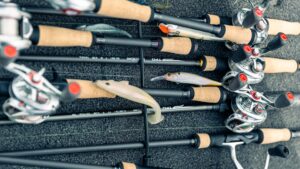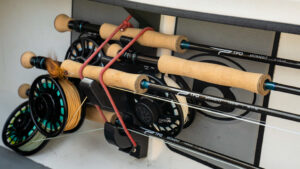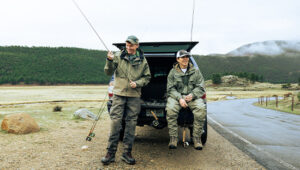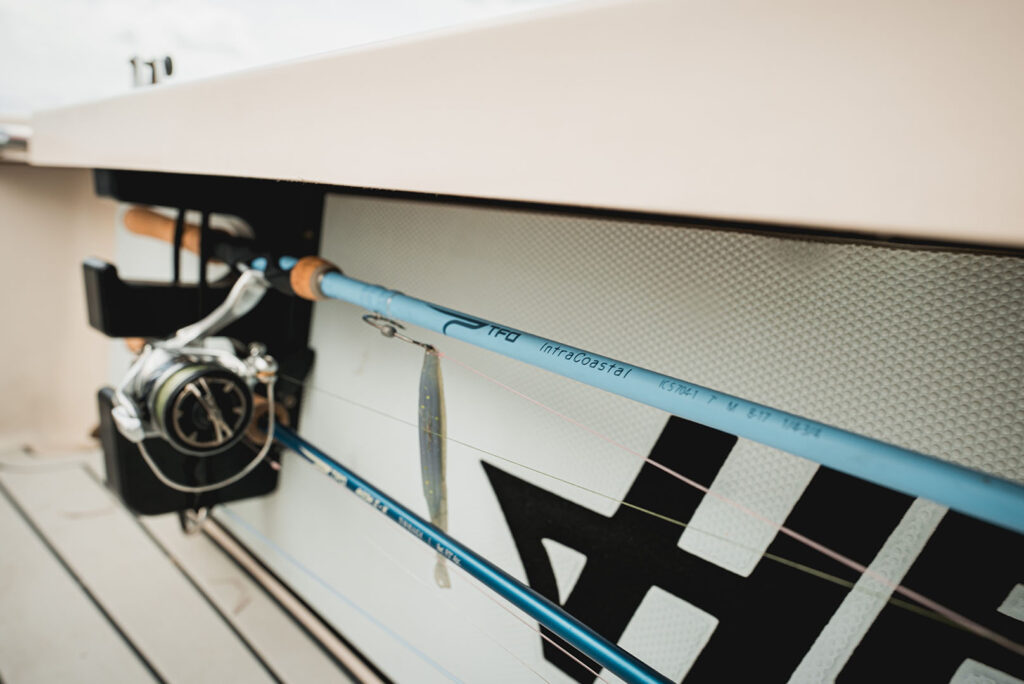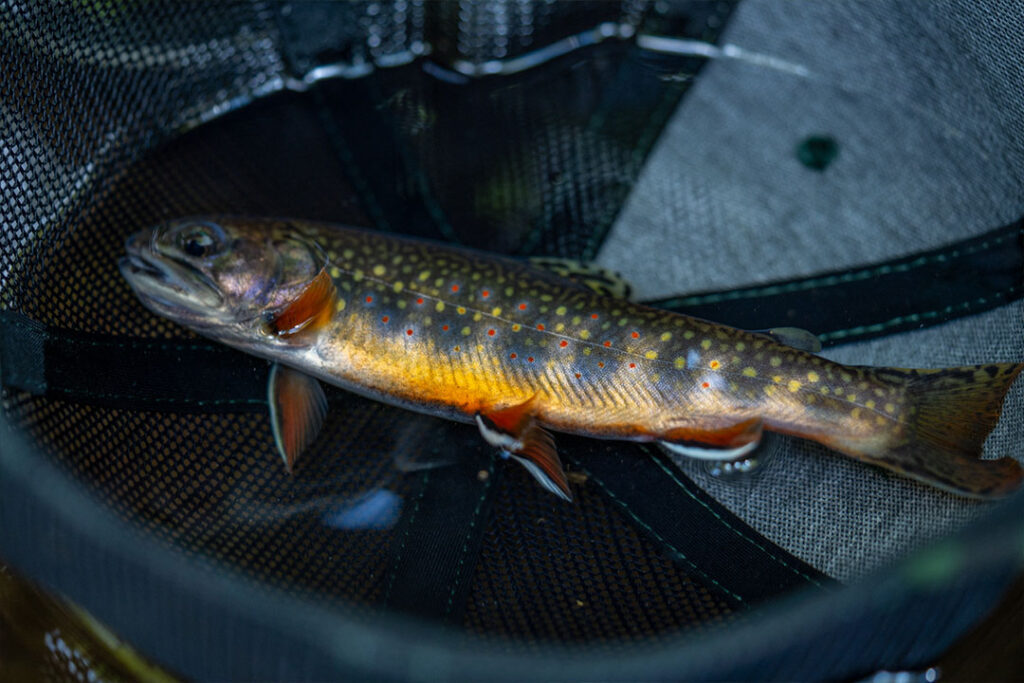Most fishermen hate winter fishing. But I love winter fishing. Full disclosure: I live in Florida. It’s warm pretty much year round. But even when I lived in Virginia, I liked winter fishing. Not many people fish in January and February, so chances are you will get your favorite spots all to yourself.
Here are few tips to make the best of those colder days on the water.
Safety
Wear neoprene waders. Gloves and a good thermal cap are essential. Layer up, if possible. It’s better to feel like the Michelin man than to freeze. Use a wading staff, if needed. No one wants to fall in the water. It’s uncomfortable in the summer; it’s potentially life-threatening in the winter.
Stay upright. Stay safe.
And even if you stay dry, make sure to take breaks to stay warm. Drink a cup of coffee or crank up the heat in your vehicle.
Pick the Right Water
Tailwaters are the obvious option in the winter simply because of the constant water temperature. Trout, for instance, like water temperatures in the 50s. You won’t find that water that warm in the winter — unless it’s a tailwater fishery.
My two favorites are the Nantahala in Bryson City, N.C.; the Jackson River in Hot Springs, Va.; the South Holston in Bristol, Tenn.; and the White River in Lakeview Ark. All are worth fishing, even when it’s not bone-chilling cold.
Sleep In
There’s no need to get up at the crack of dawn. I fish late morning until late afternoon. Sometimes, I go after lunch, when sun is up high enough to warm the water. This schedule applies to freshwater and salt.
For redfish on the Florida marsh, I wait until ankle-deep water covers the dark mud on the flats and in the creeks when the fish try to get warm off the heat from skinny water and dark bottom, always a good combination for winter fishing.
Slow Down
I typically fish too fast. My personality dictates more is better, particularly if the fishing is slow. This is the wrong approach in winter fishing. You need to slow down. Slow movements. Slow casts. Slow strips. Slow retrieves.
As the winter water temperature increases, a fish’s metabolism increases. Decreasing water temperature makes fish lethargic. To compensate, make accurate casts and slow down.
Use a Thermometer
The air temperature is important for personal safety. The water temperature dictates whether the fish will feed. Trout generally like temperatures in the 50s. Largemouth bass, on the other hand, prefer temperatures in the mid-60s and 70s.
I used to get wed to these guidelines, but don’t make the same mistake. Instead pay attention to whether the water temperature is moving. If you’re winter fishing, you want temperatures to rise. In the summer, you generally want temperatures to drop, preferably into each species’ feeding zone.
Temperature, of course, is only one factor in winter fishing success. But the important thing is to get out and enjoy winter fishing. Trust me, it’s worth braving the cold.
Any other tips you’d like to share, let us know with a comment or one of our social media pages.
